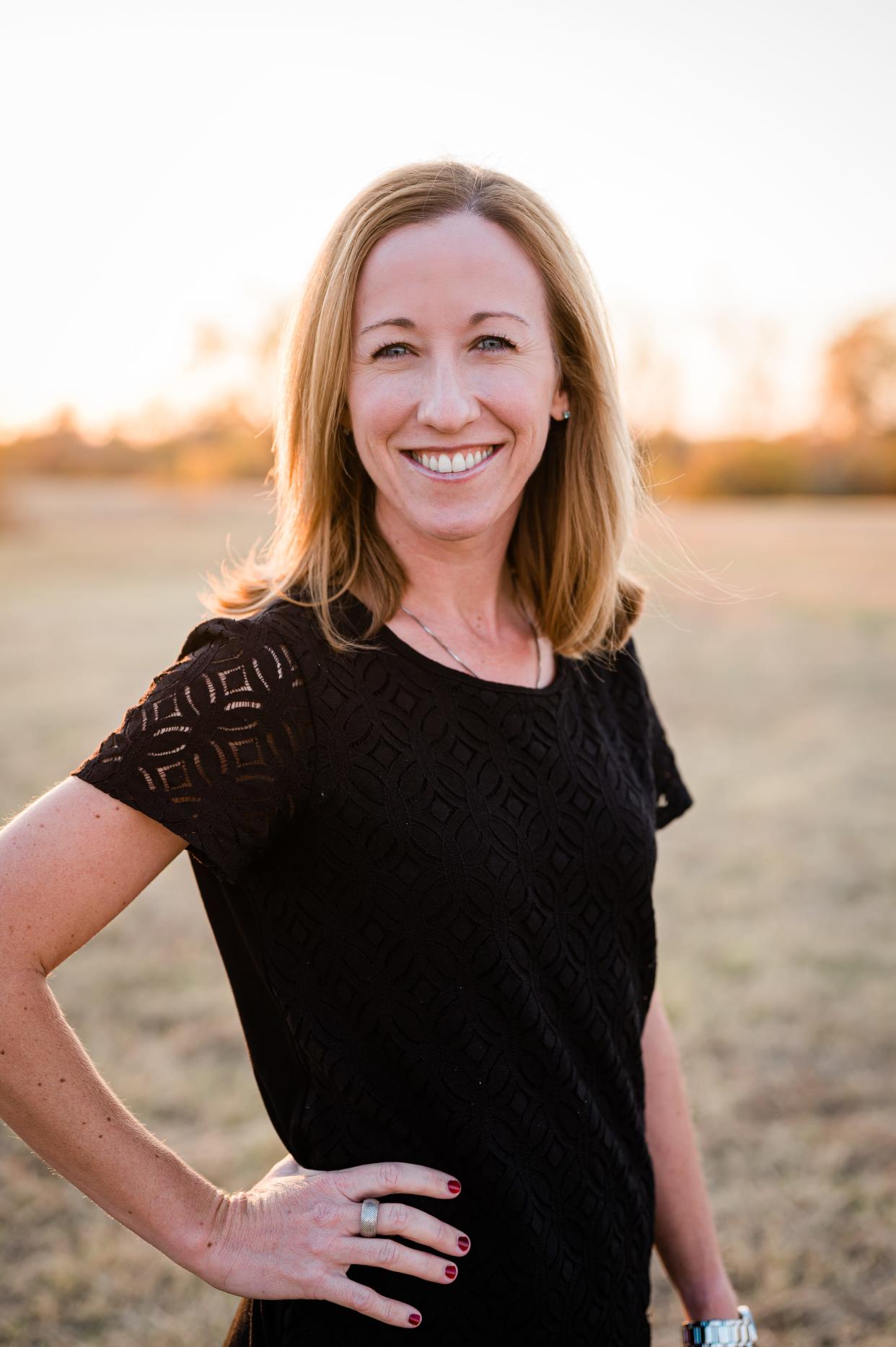Viewpoint: Criminalizing young women is not the way to improve birth outcomes

This month, the Court of Criminal Appeals is due to hear arguments that will influence the fate of a woman who miscarried 20 weeks into her pregnancy and was charged with first-degree manslaughter. In October, another woman in Oklahoma, who suffered a similar pregnancy loss, was sentenced to four years in prison. As a gynecologist caring for patients in Oklahoma City, I am compelled to call out another, greater source of harm to the health of mothers and fetuses: jailing and prosecuting people for their actions during pregnancy.
I am committed to evidence-based, compassionate care that improves the health and well-being of Oklahoma’s mothers and children. That’s why I am compelled to call attention to this reality: Using the criminal justice system in an attempt to control behaviors during pregnancy is counterproductive and cruel.
My relationships with my patients — all health care clinicians’ relationships with our patients — depend on trust. Because of that trust, patients come to us for vital health services. Patients need to know that their medical care is confidential, that law enforcement has no presence in the exam room. Studies have shown that the threat of criminal prosecution prevents many pregnant people from seeking prenatal care and treatment for substance use disorder, a chronic brain disease. Without trust as the foundation of the patient-physician relationship, we have no medical system.
Clinically, the prosecution of pregnant people for using drugs — in the two recent cases, methamphetamine — is without merit. Scientists have investigated the effects of methamphetamine use in pregnancy, and no evidence supports prosecutors’ claims that methamphetamine use causes fetal demise. Plenty of research has shown, in addition, that incarceration and the threat of incarceration do not reduce the use of alcohol or drugs during pregnancy. In fact, we know that these policies are themselves harmful to pregnant people and babies, families, and communities. That is why the leading medical and public health organizations of the United States strongly oppose such measures.
Nationally, though, charging and prosecuting pregnant people for actions allegedly harming their fetuses has accelerated dramatically in the last 15 years, according to the National Advocates for Pregnant Women. There have been more than 50 such case since 2006 in Oklahoma alone. These misguided policies disproportionately target low-income women and women of color, and women who represent communities with limited access to medical care, among other factors contributing to worse health outcomes for them and their children. Studies of drug use in pregnancy suggest that other issues — such as poverty, poor diet, and tobacco use — are at least as harmful as drug use itself.
Methamphetamine, when used frequently in pregnancy, can be associated with low birth weight. Research shows that prenatal care can significantly reduce this negative effect. In other words, when lawmakers and prosecutors engage in actions that make pregnant people afraid to seek medical care, they harm the women and babies they’re claiming to protect. Research has shown that when Tennessee passed a law criminalizing drug use during pregnancy, public health suffered, with fetal deaths resulting from pregnant people too scared to seek medical care. State lawmakers ultimately let that law expire, acknowledging the harm that it caused.
The imminent case of Emily Akers, whose miscarriage prosecutors are presenting as manslaughter, was appropriately dismissed earlier this year. In an act of unconscionable inhumanity, that decision is being appealed by the state. The judge has rejected written testimony from me and other medical experts. This hearing was scheduled in the aftermath of the conviction of Brittney Poolaw, who last year miscarried 15-17 weeks into her pregnancy, when she was 19 years old. She went to the hospital seeking medical support and spent 18 months behind bars before being found guilty of manslaughter after a one-day trial — despite the testimony of medical experts that she was not responsible for her miscarriage.
Miscarriage is common. One in four pregnancies naturally ends this way. Pinpointing the cause is often difficult or impossible. The prosecution of people who miscarry for using drugs during pregnancy is based on stigma and false claims about the effects of illegal substances. If prosecutors have their way, thousands of Oklahoma women could face criminal consequences for their pregnancy losses.
I believe Oklahoma is better than this. I welcome the efforts of all who work to prevent adverse birth outcomes through legislation and policies that support families and safe relationships between patients and clinicians. I call on Oklahomans to invest our public resources and advocacy in expanding access to health insurance and medical care, and addressing the poverty, food insecurity and other hardships that profoundly harm our state’s infants and families. Criminalizing young women is not the way.
Dr. Katherine C. Arnold, M is director of women’s health at Variety Care, Oklahoma City. She is the vice chair of the Oklahoma Section of the American College of Obstetricians and Gynecologists and a member of Oklahoma State Medical Association.
This article originally appeared on Oklahoman: Viewpoint: Prosecuting Oklahoma women who miscarry is wrong

